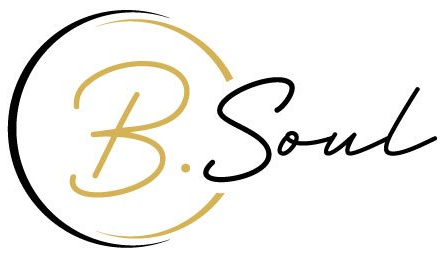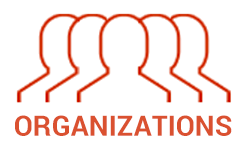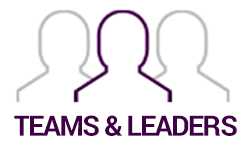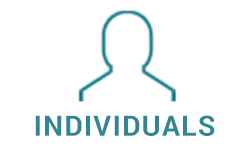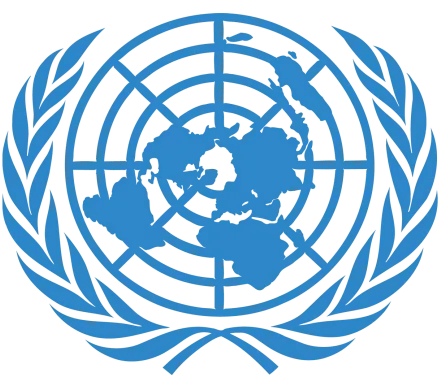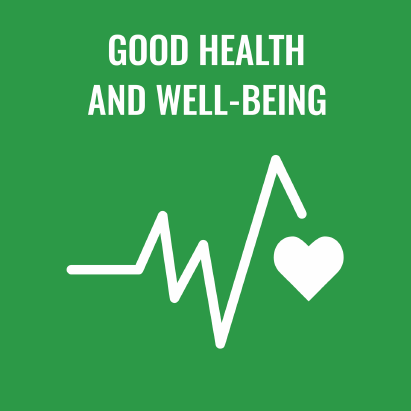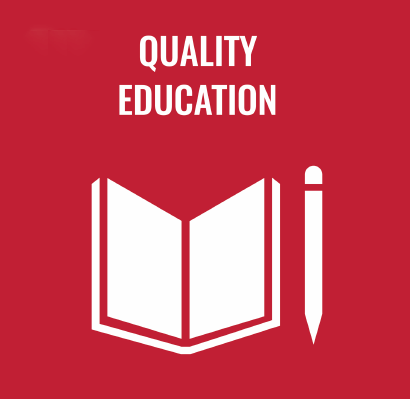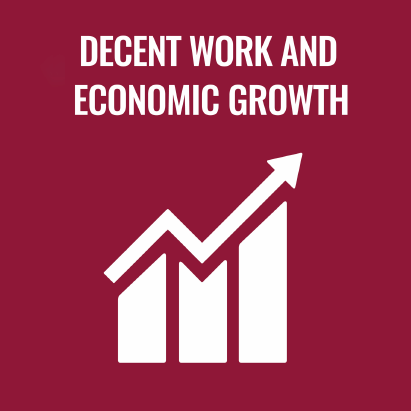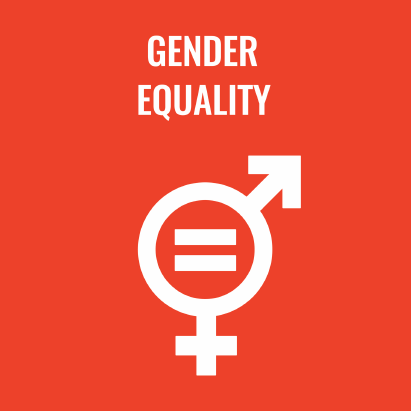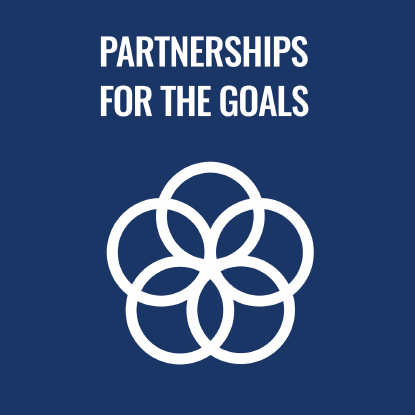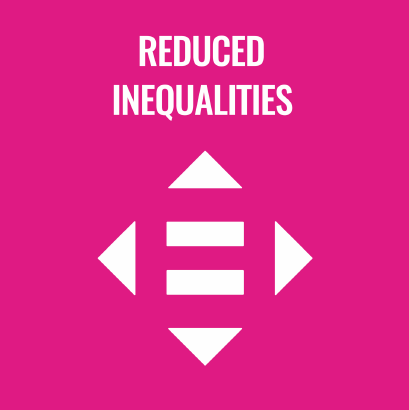Humanizing Leadership
We let organizations flourish by building a culture of trust,
collaboration, reskilling and wellbeing
GETTING THE PEOPLE-FIRST-CULTURE RIGHT
When you get a people-first-culture right, everything else falls into place.
THRIVING IN A RAPIDLY CHANGING WORLD
Recent research and findings from HR Leaders around the world, show us that in VUCA (Volatile – Uncertain – Complex – Ambiguous) times, as Covid-19 has shown us, there is a need to focus on human capital. Different studies support our believe in a people-first-culture, where Empathy, Empowerment and Resilience will be core skills to create future proof organizations.
EMPATHY
Empathy may be the most crucial indicator for whether an organization thrives or fails (after a pandemic).
Health and well-being should be a priority.
Remote employees need to feel their contributions are appreciated.
Give trust and be trustful.
EMPOWERMENT
In times of rapid change, decisions need to be made quickly, agility being key. All employees should think, believe and work towards the same, unique mission.
Without clear goal (mission/vision) nobody knows where to go to.
Having people doing what they are good at, motivates.
RESILIENCE
Bouncing back from problems to bouncing forward towards possibilities.
Expect the unexpected and react adequately. Provide employees with varied, adaptive and flexible roles so they acquire cross-functional knowledge and training.
Humanizing Leadership
Reinforce what you are good at, develop what is lacking
LEADERSHIP SOLUTIONS FOR
EVERY BUSINESS LEVEL
With our Humanizing Leadership Program we prepare organizations, teams and leaders as well as employees for the future.
We let organizations flourish by building a culture of trust, collaboration, reskilling and well-being.
Motivate and inspire teams & leaders to have a creative and constructive impact on the organization.
CORPORATE PROGRAMS
PEOPLE-FIRST CULTURE PROGRAM
Main goal:
- Make culture and values tangible and embedded
- Have a team of internal inspirators and driving forces
- Make all employees ambassadors
- Develop the company passport
Way of working:
- Culture scan + feedback
- In-company observations
- Culture workshop
- Purpose & values workshops
- Follow-up days
SOULFUL LEADERSHIP PROGRAM
Main goal:
- To anchor people-centric leadership skills
- Engaged and empowered people
- Teams being aligned and all working towards a common purpose
- A thriving organization
Topics:
- Communication & Connection
- Motivation & Engagement
- Change & Resilience
- Competency based performance management & Coaching
- Collaboration & Trust
Way of working:
- Workshops
- Virtual meetings
- One-on-one meetings
- Business games
- E-books & E-Learnings
- Follow-up days
WORKSHOPS – KEYNOTES
We deliver separate workshops, keynotes, seminars, webinars, (team)coachings on all topics related to our HUMANIZING LEADERSHIP PROGRAM. Our programs are tailor made and available in Dutch, French and English.
Sustainable Development Goals
Within our Humanizing Leadership program, we value a holistic approach and we truly believe we have a role to play in reaching the Sustainable Development Goals ( SDG’s). We all have a societal responsibility and we are convinced we can contribute to achieve different SDG’s as defined by the United nations in 2015 and to be realized by 2030.
These SDG’s are an urgent call for action by all UN-countries in a global partnership. They recognize that ending poverty and other deprivations must go hand in hand with strategies that improve health and education, reduce inequality, and spur economic growth – all while tackling climate change and working to preserve our oceans and forests. The goals we naturally feel organizations can contribute to, each on their own pace and way are:
